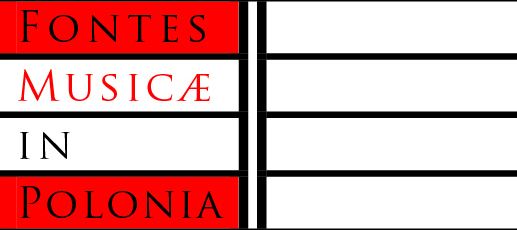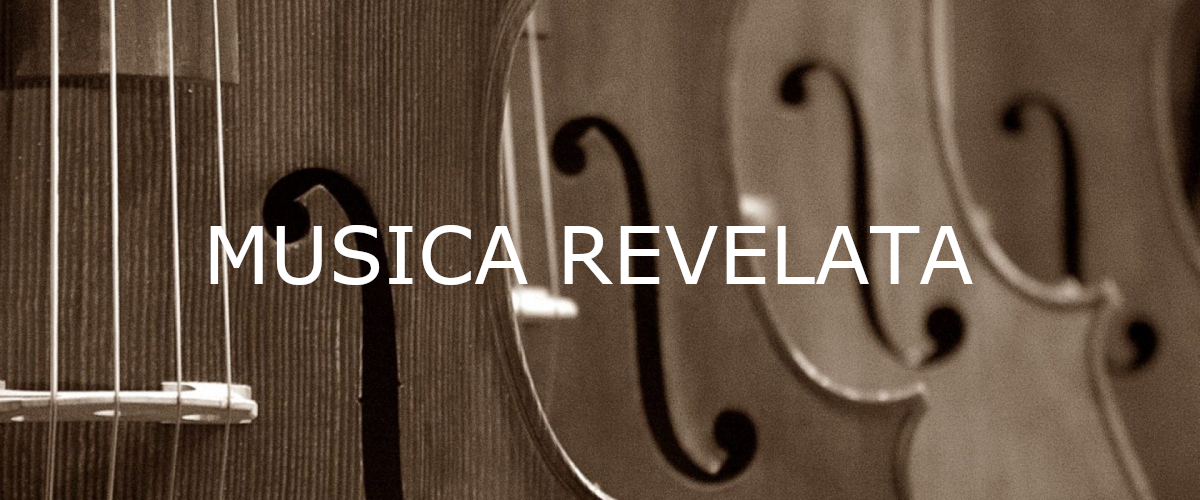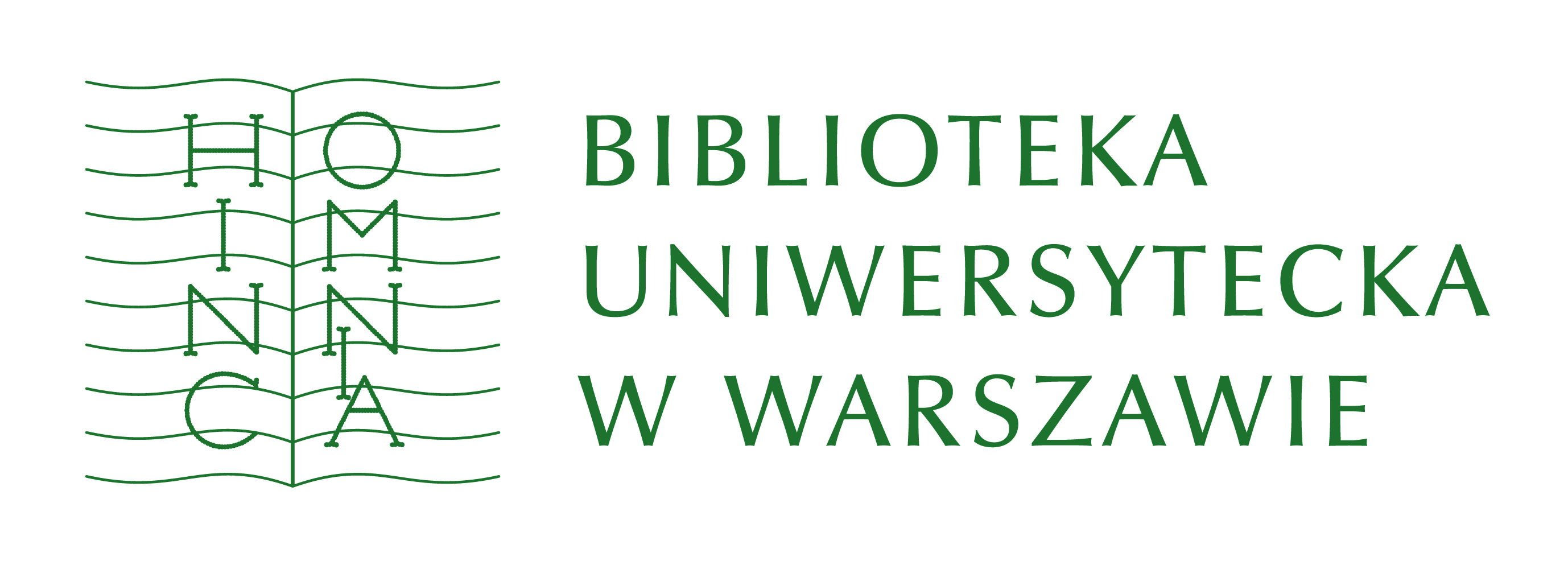History

Musicology studies at the University of Warsaw have a tradition of more than seventy years. On 1 October 1948 the Musicology Unit was launched as part of the History Section of the Faculty of Humanities, University of Warsaw. The initiative to establish the unit came from Zofia Lissa, a holder of a doctoral degree in philosophy and musicologist educated at the John Casimir University in Lviv, where she also worked in the inter-war period. The new unit had twelve students and the curriculum encompassed five lectures in the main subjects: “On musical thinking”, “Systematics of musicology”, “History of musical culture”, “Harmonic analysis” and “Formal analysis” (the comparison with the current curriculum is striking!). The first musicology graduates in 1953 were: Michał Bristiger, Józef Kański and Józef Patkowski.
Thanks to Zofia Lissa Józef Michał Chomiński and Father Hieronim Feicht began lecturing in musicology at the University of Warsaw, and the unit was eventually transformed into Department of Musicology, which in 1958 obtained the status of an Institute. The Institute of Musicology, which operated within the Faculty of History, was made up of three units: General History of Music, headed by Prof. Józef M. Chomiński; History of Polish Music, headed by Prof. Hieronim Feicht, with a separate Folk Music Section (Marian Sobieski); and History of Theory and Aesthetics, headed by Prof. Zofia Lissa, who also served as the first director of the Institute. In the 1958/1959 academic year, the first year of the functioning of the Institute, it had eighty musicology students. Another unit, of Musical Ethnography, headed by Anna Czekanowska, was created in 1969.
The structure of the Institute was finally established in 1995, comprising five units: General History of Music (Head — Prof. dr hab. Irena Poniatowska, Prof. dr hab. Alina Żórawska-Witkowska), History of Polish Music (Prof. dr hab. Mirosław Perz), Music Theory and Aesthetics (Prof. dr hab. Zofia Helman, Prof. dr hab. Zbigniew Skowron, associate professor), Ethnomusicology (Prof. dr hab. Anna Czekanowska-Kuklińska, Prof. dr hab. Piotr Dahlig) as well as a new, unit, Systematic Musicology (Prof. dr hab. Sławomira Żerańska-Kominek). The position of the director of the Institute was held by Prof. Zofia Lissa, Prof. Anna Czekanowska-Kuklińska, Prof. Zofia Helman, Prof. Mirosław Perz, Prof. Sławomira Żerańska-Kominek, Prof. Zbigniew Skowron and — currently — Dr hab. Iwona Lindstedt, associate professor.
A part-time study programme was launched in the 1999/2000, with a profile different from that of the full-time programme. Its students took part in classes in psychology of music, music therapy and music criticism. However, the programme was eventually closed down.
On the initiative of the Institute the University of Warsaw granted honorary doctorates to the most eminent contemporary Polish composers: Witold Lutosławski, Krzysztof Penderecki and Henryk M. Górecki, as well as Prof. Giuseppe Vecchi from the University of Bologna, for his outstanding services to Polish musicology.
Until 1952 classes were held in a small flat in ul. Hoża, then in the so-called Deputy Rector House in Krakowskie Przedmieście (a place of unique historic value, once the home of the Chopin family). In 1957 musicology was given spacious rooms on the eighth floor of the Palace of Culture and Science, which it had to vacate eight years later: in 1974 the Institute was moved to the Faculty of Geology, University of Warsaw, in ul. Żwirki i Wigury. Initially planned as a temporary measure, it lasted for a quarter of a century. It was not until the beginning of the 2001/2002 academic year that the Institute received a new home in the historic Tyszkiewicz-Potocki Palace, vacated by the University Library. This eighteenth-century building has some of the most beautiful historic interiors in Warsaw, which create a unique climate for study.
Following the 2019–2020 reform of higher education, the Institute of Musicology became part of the newly established Faculty of Culture and Arts, University of Warsaw. On the one hand it signifies the end of the seventy-year activity of the Institute in its previous form and structure within the Faculty of History, University of Warsaw, and on the other – it opens up new fields for its research and teaching work. It is to be hoped that it will be just as fruitful as in the past.
The high stature of the Institute of Musicology, University of Warsaw, has been confirmed by the University Accreditation Commission, which has placed it among the most important centres of its kind in Poland.











